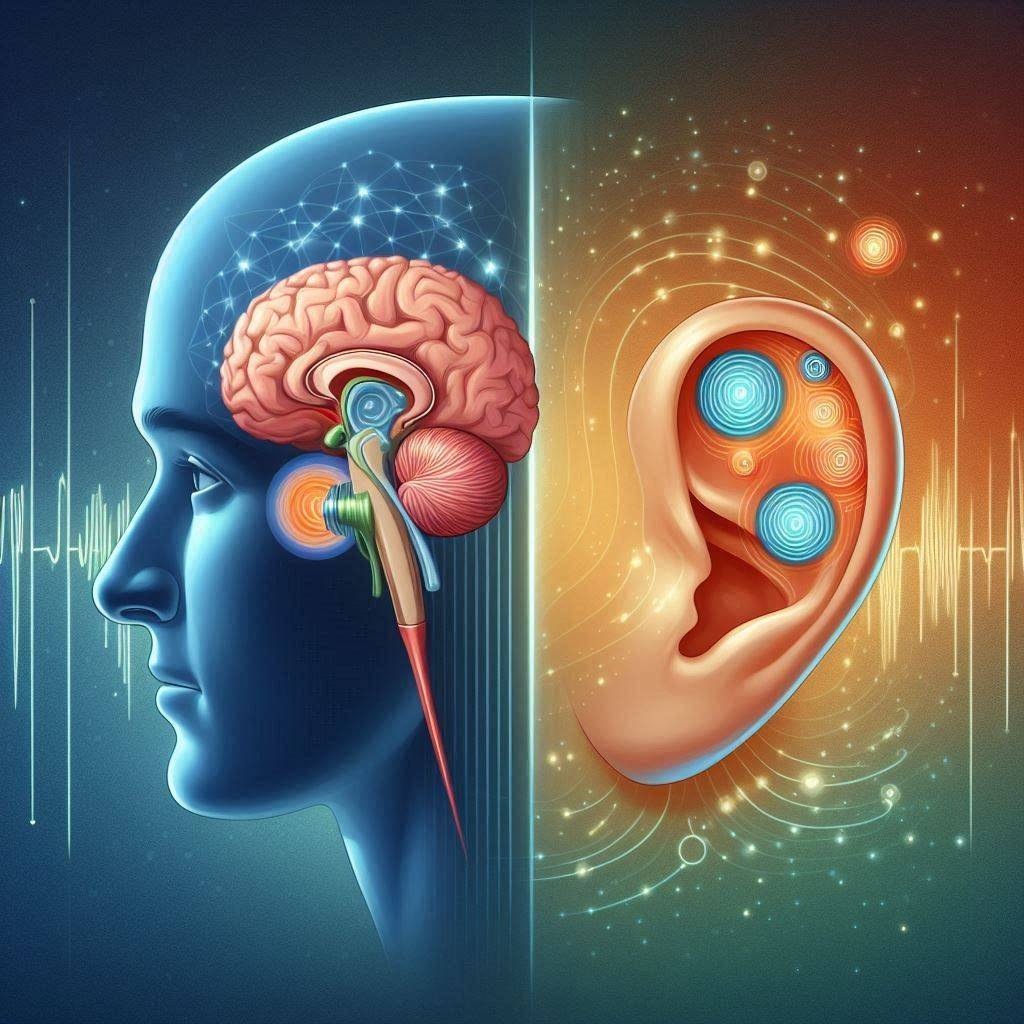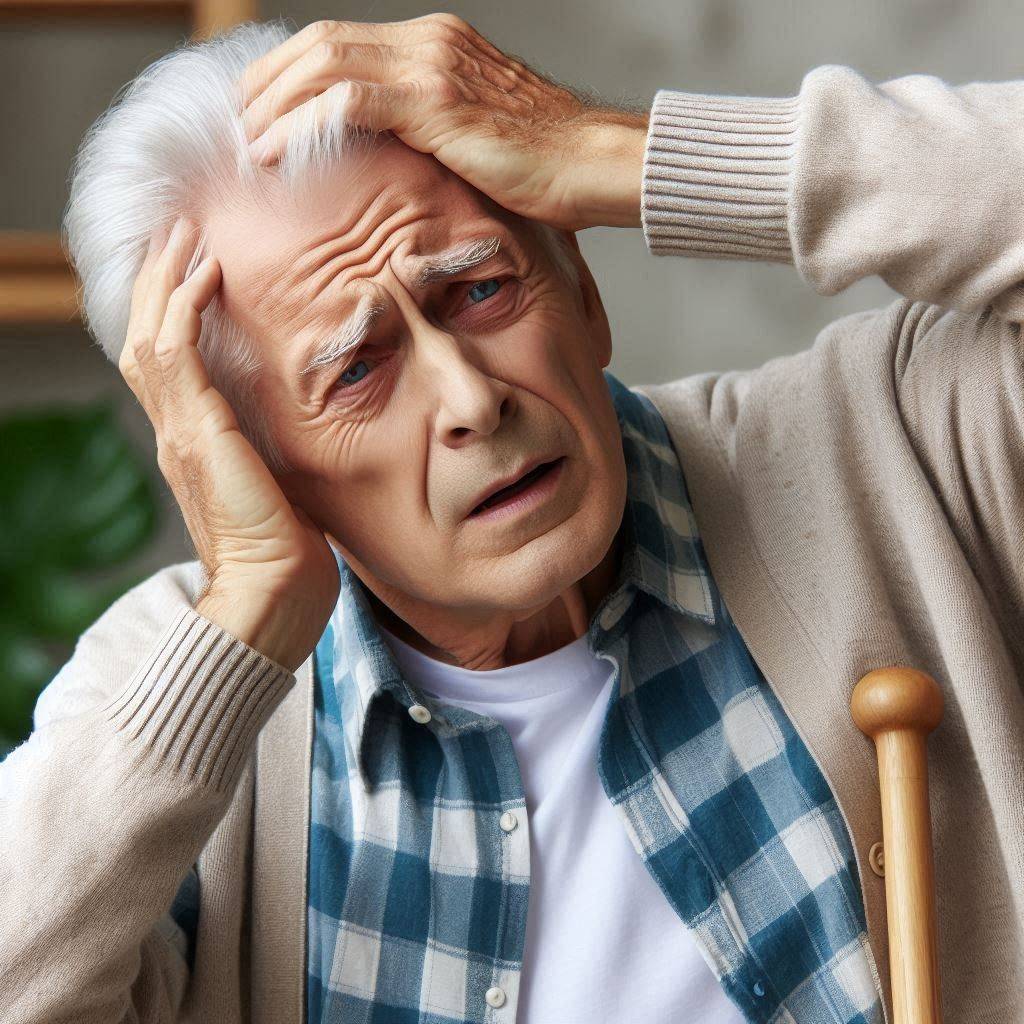Discover the major causes of vertigo in elderly and expert-backed prevention tips. Learn to identify red flags and find relief from this disorienting condition.
Quick Summary: Causes of vertigo in elderly
It often includes inner ear issues, medication side effects, and cardiovascular problems. Prevention involves regular exercise, proper hydration, and fall-proofing your home. Consult a doctor for personalized advice.
Introduction
It can be both concerned and confusing. As someone who has witnessed my grandmother struggle with this disorienting condition, I understand the impact it can have on daily life. In this comprehensive guide, we’ll explore the root causes of vertigo in elderly individuals and provide you with 15 essential prevention tips backed by expert advice and personal experience.
Understanding Vertigo in the Elderly

1. What is vertigo?
Causes of vertigo in elderly individuals often stem from misunderstandings between the brain and sensory systems. Vertigo is more than just dizziness; it’s a sensation of spinning or movement when you’re still.
2 Why Are Older Adults More Susceptible?
As we age, our bodies undergo changes that can increase the risk of vertigo. Causes of vertigo in elderly people are often related to:
- Deterioration of inner ear structures
- Decreased blood flow to the brain
- Weakened muscles and bones
- Medication side effects
Common Causes of Vertigo in Elderly Individuals
1 Benign Paroxysmal Positional Vertigo (BPPV)
BPPV is one of the most common causes of vertigo in elderly people. It occurs when tiny calcium particles clump up in the inner ear canals.
2 Meniere’s Disease
This inner ear disorder can cause vertigo, hearing loss, and tinnitus. While less common, it’s still one of the significant causes of vertigo in elderly individuals.
3 Vestibular Neuritis or Labyrinthitis
These inflammatory conditions affecting the inner ear nerves are among the causes of vertigo in elderly people, often following a viral infection.
4 Cardiovascular Issues
Reduced blood flow to the brain can be one cause of vertigo in elderly individuals. Conditions like stroke, heart arrhythmias, and atherosclerosis can contribute to vertigo.
5 Medication Side Effects
Certain medications can cause vertigo in elderly people. These may include:
- Blood pressure medications
- Antidepressants
- Anti-seizure drugs
- Some antibiotics
15 Essential Prevention Tips
Now that we understand the common causes of vertigo in elderly individuals, let’s explore 15 prevention tips to help reduce the risk and severity of vertigo episodes.
- Stay Hydrated Dehydration can exacerbate many causes of vertigo in the elderly. Aim for at least 8 glasses of water daily.
- Practice Balance Exercises Regular balance training can help counteract some causes of vertigo in elderly individuals by improving overall stability.
- Manage Stress can worsen many causes of vertigo in the elderly. Try relaxation techniques like deep breathing or meditation.
- Get Regular Eye Check-ups Vision problems can contribute to balance issues and vertigo. Regular eye exams are crucial.
- Review Medications with Your Doctor Since medications can cause vertigo in elderly individuals, regularly review your prescriptions with your healthcare provider.
- Maintain a Healthy Diet A balanced diet rich in vitamins and minerals can help prevent some causes of vertigo. In older adults, older adults.
- Avoid Sudden Movements Quick head movements can trigger vertigo, especially in conditions like BPPV.
]Use Assistive Devices Canes or walkers can provide extra stability and prevent falls related to vertigo.
- Fall-proof Your Home Reduce tripping hazards to prevent injuries during vertigo episodes.
- Stay Physically Active. Regular exercise can improve overall health and reduce some causes of vertigo in older adults
- Manage Chronic Conditions: Keeping conditions like diabetes and hypertension under control can help prevent vertigo.
- Get Enough Sleep Poor sleep can exacerbate many causes of vertigo in the elderly. Aim for 7-9 hours of quality sleep each night.
- Limit Alcohol and Caffeine These substances can affect the inner ear fluid balance and worsen vertigo symptoms.
- Practice Good Posture Proper posture can help maintain balance and reduce the risk of vertigo.
- Consider Vestibular Rehabilitation This specialized form of physical therapy can help with many causes of vertigo in older adults
When to Seek Medical Help
While understanding the causes of vertigo in elderly people and prevention strategies is crucial, it’s equally important to know when to seek professional help.
Frequently Asked Questions
What is called the red flag in vertigo?
Red flags in vertigo include sudden severe headache, double vision, difficulty speaking, or weakness on one side of the body. These symptoms may indicate a more serious condition like a stroke and require immediate medical attention.
What is the fastest way to resolve vertigo?
The quickest way to resolve vertigo depends on its cause. For BPPV, the Epley maneuver can provide quick relief. For other causes of vertigo in elderly individuals, staying still in a muted, dark room and focusing on a stationary object can help symptoms subside.
What can trigger vertigo?
Vertigo can be triggered by sudden head movements, stress, dehydration, certain foods, and changes in atmospheric pressure. Understanding personal triggers is key to managing vertigo.
What is the major cause of vertigo for older people?
While there are many causes of vertigo in elderly individuals, BPPV (Benign Paroxysmal Positional Vertigo) is often considered the most common cause in older adults.
Is vertigo the start of dementia?
Vertigo is not necessarily the start of dementia, but it can be a symptom of certain types of dementia. The cerebellum, the part of the brain that controls balance, is often affected in dementia. When this happens, it can lead to vertigo. However, vertigo has many other potential causes, so it’s important to consult a healthcare professional for a proper diagnosis.
What am I lacking if I have vertigo?
If you experience vertigo, you may be lacking proper vestibular function. The vestibular system in your inner ear is responsible for balance and spatial orientation. Issues with this system can lead to vertigo. Additionally, underlying health conditions, medications, or dehydration can also contribute to vertigo. It’s essential to consult a healthcare provider to determine the specific cause and appropriate treatment.
Conclusion
Understanding the causes of vertigo in elderly individuals and implementing these prevention strategies can significantly improve the quality of life. Remember, everyone’s experience with vertigo is unique, so it’s essential to work with your healthcare provider to develop a personalized prevention and treatment plan.
Thank you for reading this comprehensive guide on the causes of vertigo in elderly individuals and prevention tips. By staying informed and proactive, you can help yourself or your loved ones maintain balance and well-being in the golden years.
Recommended Reading:



